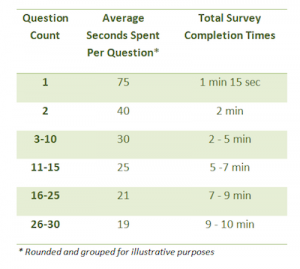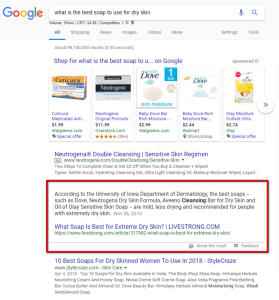It may seem counterintuitive, but a workplace devoid of conflict can be just as treacherous as a high-drama work environment. Without conflict, issues may go unaddressed and passive-aggressive behavior may mount. But when conflict tips over to drama, healthy tension can turn toxic.
So how can you tell the difference between the two? As a time management coach, here are the situations when I encourage workers to engage in conflict, and the ways I help my clients sidestep time-wasting drama. Use these approaches in 2024 to improve your workplace dynamic.
Address issues
If something isn’t working, it’s important to talk about it. Maybe it’s a software release where the programs haven’t been fully tested. Maybe it’s a sales process that’s not reaching the right leads or is too inconsistent in getting to a close. Or maybe it’s a prototype that keeps getting delayed in the process of becoming production ready.
In all of these scenarios, it’s healthy to have discussions about what’s going on, why the issue is happening, and what’s the most productive way to move forward. Avoiding tough conversations about what’s not working can lead to even larger issues down the road.
These difficult discussions can spiral into unhealthy drama when individuals are insistent on changing things that are working. For example, maybe you’re in sales and are emphatic that you want to change the sales system. But everyone using the system is getting results, and you’re dismissing the whole process without first trying to implement it consistently. It’s great to want to innovate, but to insist that things that are working properly somehow need to be done differently could create unnecessary tension.
Share performance feedback
Another area where healthy conflict can benefit everyone is in performance feedback. If you’re supervising someone and they don’t know that they’re not meeting expectations, they don’t have the opportunity to change.
Instead of just cultivating an increasingly negative attitude toward your coworker, have a conversation about what you’re seeing and what you would like to be different. You can also schedule follow-up meetings so that there are regular times to review progress.
Giving and receiving negative performance feedback can be stressful. But it doesn’t have to create unnecessary drama if it’s done in a factual manner without imputing motives on others. For example, you can tell someone that you need them to turn in a report on time, but you don’t need to label them as lazy, careless, or irresponsible.
It’s important to also be open when you’re on the receiving end of feedback without getting defensive or overgeneralizing. If you’re told that you need to improve something that you’re doing, it doesn’t mean that your boss is mean or that everyone hates you.
If both parties can focus more on making progress and less on emotions, you can have the best overall outcome without the drama.
Respecting boundaries
To fend off burnout, you’ll need to have some kind of boundaries with work. That could look like blocking off time for breaks or deep work during the day—or not answering work-related messages after a certain time at night.
Conflict tends to arise when those boundaries aren’t respected. I hear from my time management coaching clients that when they block off time, some colleagues attempt to push those boundaries. This might look like someone scheduling a meeting over a time that you’ve clearly marked as busy, or texting your personal phone when it’s 10 p.m. in search of an immediate response.
In these instances, you may need to embrace some healthy conflict. If possible, have a conversation about what does and doesn’t work regarding your availability. To sustain your productivity, you need to have time when you can take a real break. And if a direct talk isn’t possible, there may be times when you simply wait to respond until the next business day.
It’s essential to find ways to keep your work out of your personal life. But the opposite is also true. If you want to head off unnecessary drama, you need to find ways to keep your personal life out of work.
Workplace friendships can increase job satisfaction. But if you expect a colleague to act as your best friend or your therapist, you could create unneeded drama. Sharing what’s going on in your life—such as updates on a family vacation—is appropriate. But if you need to process issues with your relationships, health struggles, or other personal matters on a regular basis, it may be best done outside of work, or at least outside of work hours.
While you’re on the job, you want to focus on getting your work done so you can fully invest in your personal life outside of the office.
Conflict isn’t fun. But it can be healthy and drama-free when you take the right approach in the new year.
(4)











